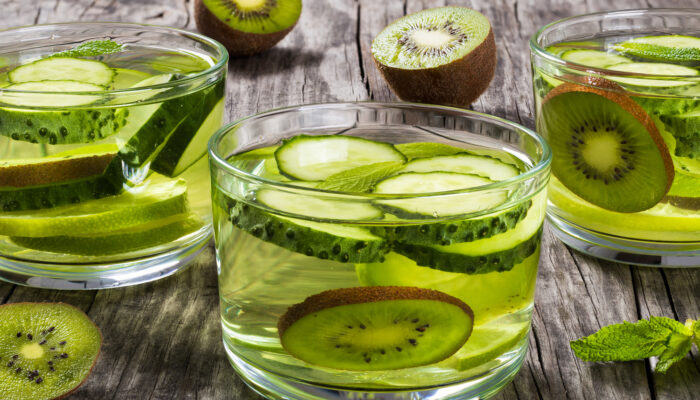
Foods That Can Trigger Ulcerative Colitis
Ulcerative colitis is a chronic inflammatory bowel disease (or IBD) that shares many symptoms with Crohn’s disease. These two diseases mostly cause inflammation and sores, or ulcers, along the lining of the large and small intestines and the rectum. Ulcerative colitis symptoms may include abdominal pain and cramping, bloody diarrhea, fatigue, weight loss, and fever.
Some foods that are healthy and safe to eat for colitis—include fiber-rich fruits and vegetables (as long as they are cooked or steamed), lean meats and fish, cooked eggs, diluted fruit juices, oatmeal, mashed potatoes, and applesauce. At the same time, some foods will trigger colitis symptoms. Let’s explore some foods to avoid if you have ulcerative colitis:
1. Carbonated beverages
Beverages such as soda are filled with sugar and artificial sweeteners, which can cause inflammation in the gut. These bubbly beverages can also lead to an increase in abdominal cramps, bloat and gas, due to the effervescence. If you’re thirsty, reach for still beverages such as diluted fruit juice, spring water, or herbal iced tea sweetened lightly with honey or fresh fruit.
2. Coffee or caffeine
Coffee and caffeine are both stimulants that can aggravate ulcerative colitis. The caffeine present in coffee is well-known for its ability to stimulate the central nervous system. And this stimulation can lead to an increase in blood pressure and heart rate, as well as a decrease in blood flow to the gut. Caffeine is also a diuretic as well, and can cause water loss from the body, which can exacerbate inflammation and worsen digestive health problems.
3. Corn
Maize can also aggravate health conditions associated with ulcerative colitis. Corn is loaded with natural sugar and starch, which can turn into harmful bacteria in the gut. These bacteria feed on these sugars and starches, leading to an increase in inflammation and pain. Additionally, corn is known to cause constipation and other bowel issues as it’s hard to digest. Even though sugar and starch are essential in a diet, there are other alternatives, such as fruits and vegetables.
4. Butter or margarine
While butter and margarine may seem like a spread that goes with everything, they can actually be harmful to those with ulcerative colitis. These two products are high in saturated fat and can increase inflammation in the gut. In addition, they contain compounds known to trigger flare-ups of the condition. If you have colitis, it’s important to stick to spreads that won’t aggravate your symptoms—try hummus or avocado mashed with a little salt and lime.
5. Other dairy products
Dairy based products from animal sources are a good source of calcium, and milk is especially high in this mineral. However, dairy foods can be difficult for people with ulcerative colitis to digest because they contain lactose. Lactose can ferment in the gut and cause bloating and gas. Other potential negative effects of dairy consumption include an increased risk of developing gallstones and pancreatitis.
It is of the essence to be aware of the potential negative effects different foods can trigger for ulcerative colitis patients. For some, avoiding these products altogether may be the best strategy for managing their condition. If some of these products are unavoidable, moderating consumption or choosing alternatives that are low in inflammation-causing compounds or additives is important. And if everything else fails, it is always best to consult a doctor before making any changes to your diet.



